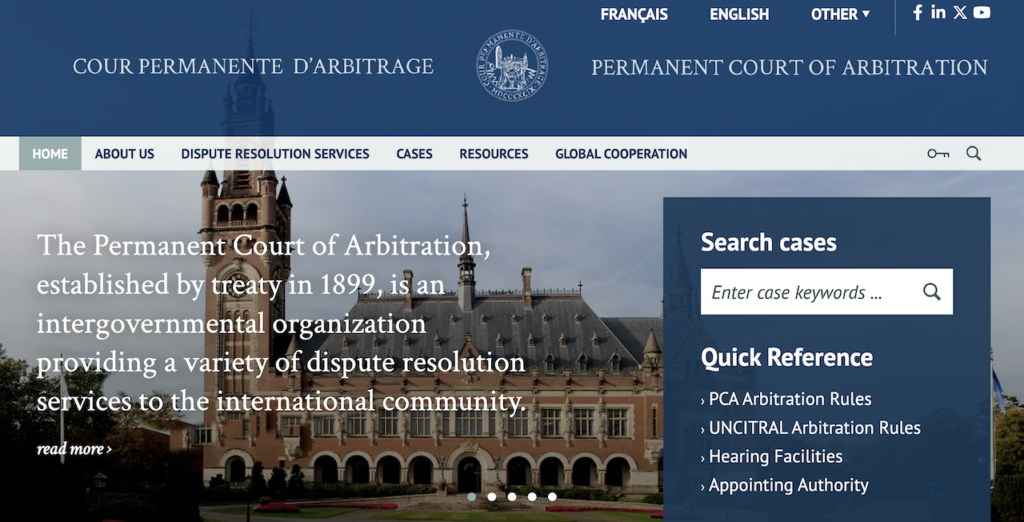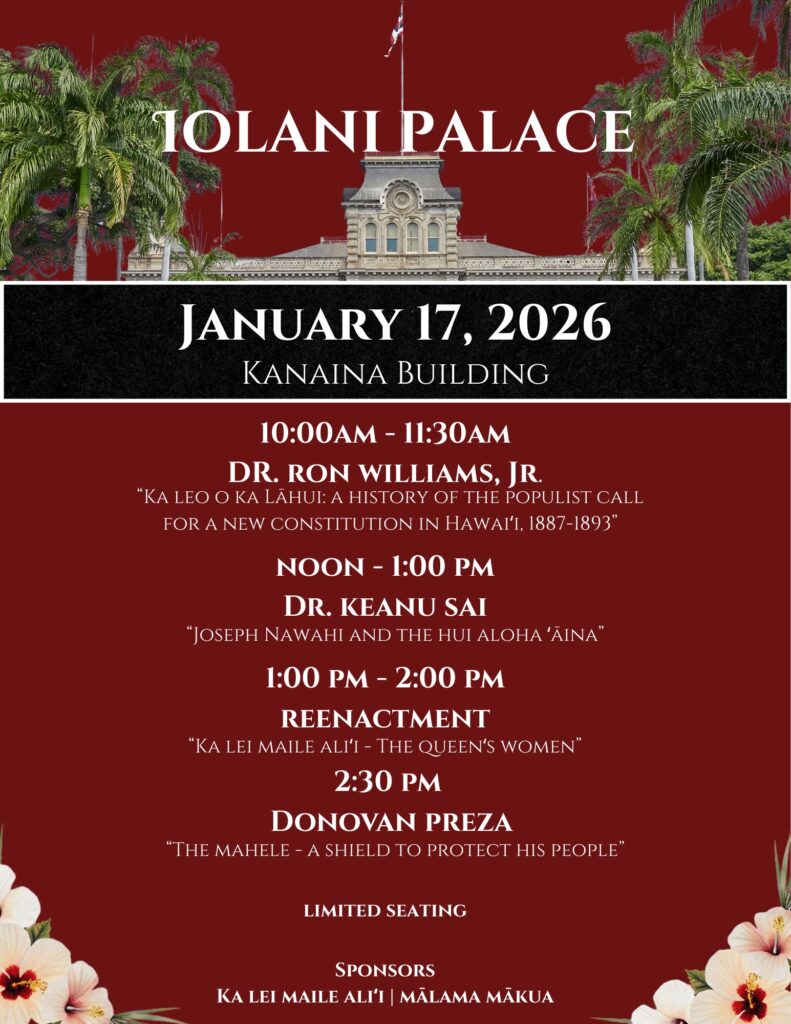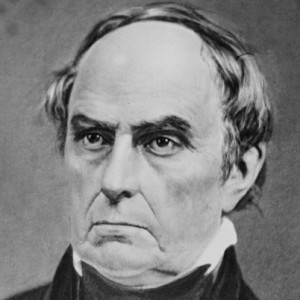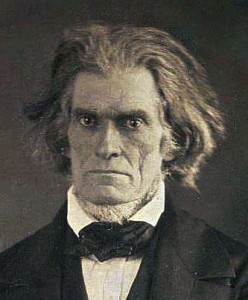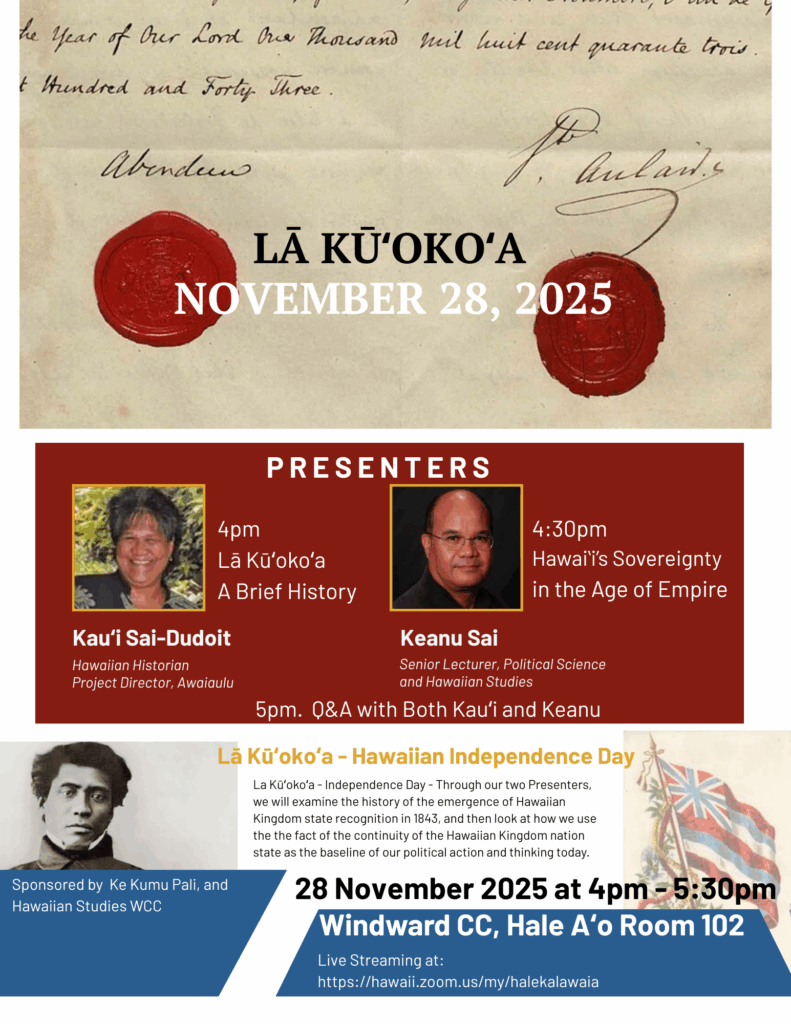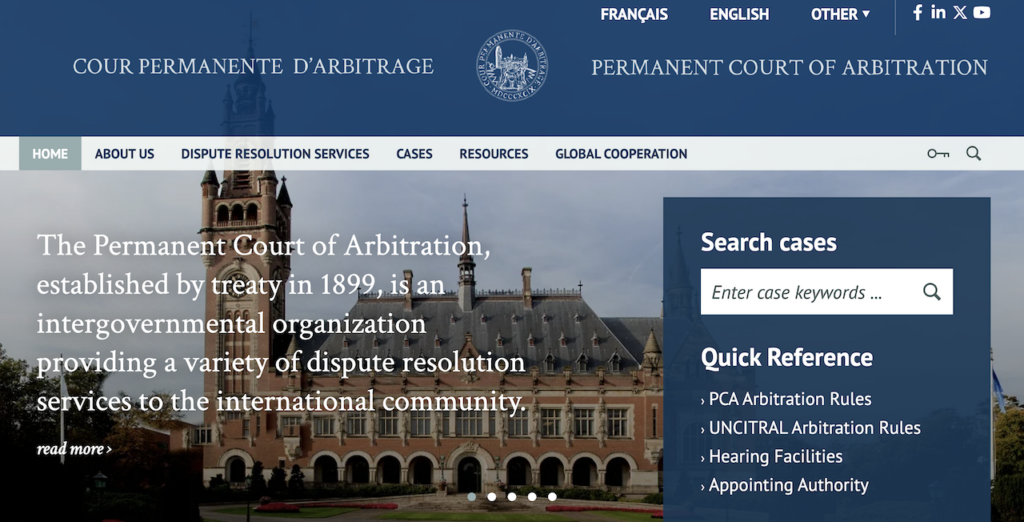
In April of 2000 began an exchange of diplomatic notes between the Hawaiian Kingdom Government and the United States Government, and between the Hawaiian Kingdom Government and the Permanent Court of Arbitration, The Hague, Netherlands. International arbitration proceedings were initiated by Lance Larsen’s legal counsel filing a notice of arbitration with the Permanent Court on November 8, 1999. At the center of the international dispute was the allegation by the claimant—Larsen, that the respondent—the Government of the Hawaiian Kingdom was liable “for allowing the unlawful imposition of American municipal laws over the claimant’s person within the territorial jurisdiction of the Hawaiian Kingdom.”
Before the arbitral tribunal was formed by the Permanent Court on June 9, 2000, in Larsen v. Hawaiian Kingdom, Tjaco T. van den Hout, Secretary General of the Permanent Court, spoke with the Chairman of the Council of Regency, David Keanu Sai, who served as agent for the Hawaiian Kingdom, over the telephone and recommended that the Hawaiian Government provide an invitation to the United States to join in the arbitration.
On April 3, 2000, the first diplomatic note was delivered by Chairman Sai to John R. Crook, Assistant Legal Adviser, United States Department of State. This note covered a conference call meeting in Washington, D.C., on that day between Chairman Sai, Crook, and Ms. Ninia Parks, legal counsel for Lance Larsen, where the Government of the Hawaiian Kingdom provided a formal invitation for the United States to join in international arbitration proceedings already in train at the Permanent Court, in Larsen v. Hawaiian Kingdom.
A copy of the note was sent to the Permanent Court’s Registry for record that the United States was invited to join in the arbitral proceedings. Under international law, this note served as an offering instrument that contained the following language:
[T]he reason for our visit was the offer by the…Hawaiian Kingdom, by consent of the Claimant [Larsen], by his attorney, Ms. Ninia Parks, for the United States Government to join in the arbitral proceedings presently instituted under the auspices of the Permanent Court of Arbitration at The Hague, Netherlands. … [T]he State Department should review the package in detail and can get back to the Acting Council of Regency by phone for continued dialogue. I gave you our office’s phone number…, of which you acknowledged. I assured you that we did not need an immediate answer, but out of international courtesy the offer is still open, notwithstanding arbitral proceedings already in motion. I also advised you that Secretary-General van den Hout of the Permanent Court of Arbitration was aware of our travel to Washington, D.C. and the offer to join in the arbitration. As I stated in our conversation he requested that the dialogue be reduced to writing and filed with the International Bureau of the Permanent Court of Arbitration for the record, and you acknowledged.
Thereafter, the Permanent Court’s Deputy Secretary General, Phyllis Hamilton, informed Chairman Sai over the phone that Cynthia Perrin Schneider, Ambassador of the United States to the Kingdom of the Netherlands, notified the Hawaiian Kingdom, through the Permanent Court, that the United States declined the invitation to join the arbitral proceedings. Ambassador Schneider was representing Bill Clinton, President of the United States. Instead, the United States requested permission from the Hawaiian Government to have access to the pleadings and records of the Larsen case at the Registry of the Permanent Court. Chairman Sai consented to this request. The Permanent Court, represented by the Deputy Secretary General, served as an intermediary to secure an agreement, by exchange of notes, between the Hawaiian Kingdom and the United States.
According to Johst Wilmanns, in his article “Note Verbale,” published in the Encyclopedia of Public International Law, “Legally there is no difference between a formal note, a note verbale and a memorandum. They are all communications which become legally operative upon the arrival at the addressee. The legal effects depend on the substance of the note, which may relate to any field of international relations.” And according to Cendric van Assche, in her chapter “1969 Vienna Convention,” in The Vienna Conventions on the Law of Treaties, A Commentary, “the exchange of two notes […] constituting an agreement satisfies the definition of the term ‘treaty’ as provided by Article 2(1)(a) of the Vienna Convention.”
This treaty providing permission for the United States to access all records and pleadings of the Larsen case at the Registry of the Permanent Court is called the 2000 Sai-Clinton agreement. Coincident with this treaty is the recognition of the continued existence of the Hawaiian Kingdom since the nineteenth century and the Council of Regency as its interim government. The 2000 Sai-Clinton agreement has similar parallels to the 1933 Roosevelt-Litvinov agreement where the United States recognized the Soviet Government.
The offer by the Permanent Court’s Secretary General to have the Hawaiian Government provide the United States an invitation to join in the arbitral proceedings, and the Hawaiian Government’s acceptance of this offer, also constitutes an international agreement between the Permanent Court and the Hawaiian Kingdom. According to J.L. Weinstein, in his article, “Exchange of Notes,” in the British Yearbook of International Law, “the growth of international organizations and the recognition of their legal personality has resulted in agreements being concluded by an exchange of notes between such organizations and states.” This treaty is called the Sai-van den Hout agreement.
There is no question of law or fact that by virtue of the Sai-Clinton agreement, the United States recognizes the continued existence of the Hawaiian Kingdom since the nineteenth century and that American laws and administrative measures being imposed within the territory of the Hawaiian Kingdom is UNLAWFUL. Section 6 and 8 of the Hawaiian Kingdom Civil Codes states:
§6. The laws are obligatory upon all persons, whether subjects of this kingdom, or citizens or subjects of any foreign State, while within the limits of this kingdom, except so far as exception is made by the laws of nations in respect to Ambassadors or others. The property of all such persons, while such property is within the territorial jurisdiction of this kingdom, is also subject to the laws.
§8. Whatever is done in contravention of a prohibitory law is void, although the nullity be not formally directed.
As a result, the United States, through its State of Hawai‘i, must begin to comply with the international law of occupation and begin to administer the laws of the Hawaiian Kingdom, which the provisional laws proclaimed in 2014, until there is a treaty of peace. Under the law of occupation, the State of Hawai‘i must transform itself into a Military Government. The Council of Regency has published its Operational Plan for Transitioning the State of Hawai‘i into a Military Government in 2023 with essential and implied tasks.

